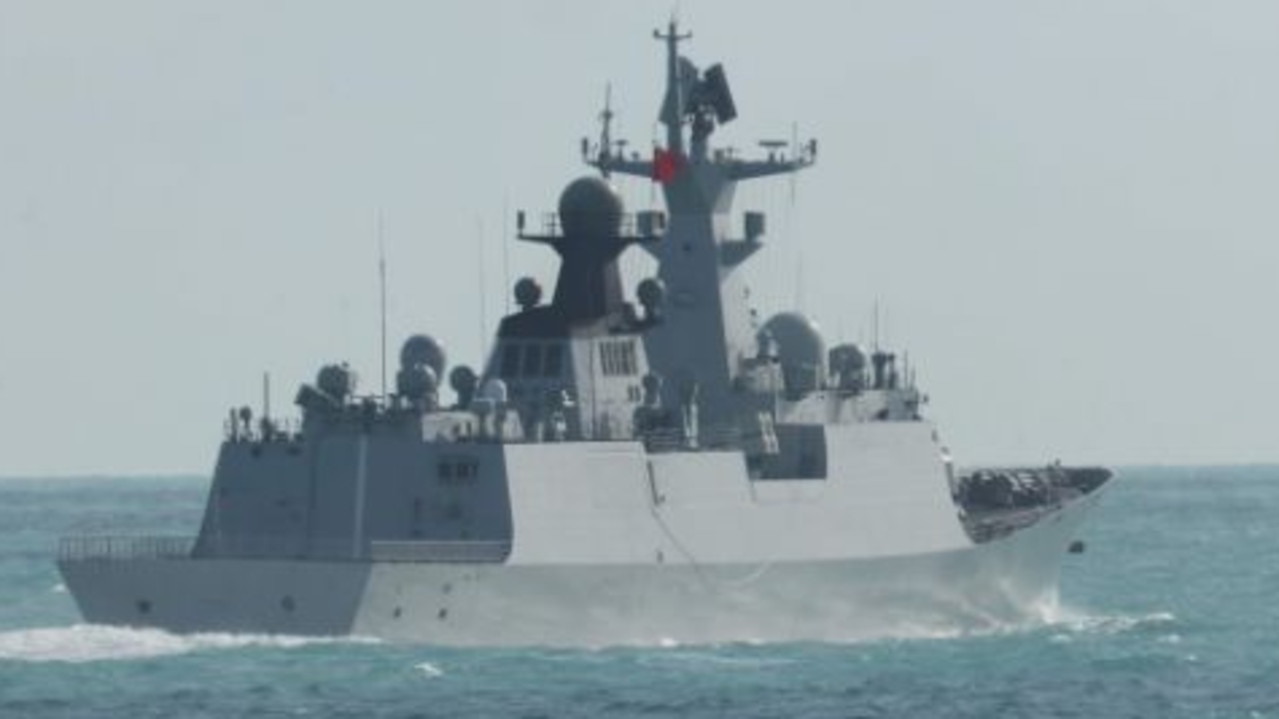‘On the brink’: Next huge war in the Middle East
The fate of the Middle East sits on a knife-edge as Israel turns its eyes to Lebanon, and it could have major consequences for the entire world.

Innovation
Don't miss out on the headlines from Innovation. Followed categories will be added to My News.
The fate of the Middle East sits on a knife-edge.
Israel is ready for “all-out war” in Lebanon, but that would be a far bigger fight than that in Gaza.
And it’s one that threatens to spark a regional war – and drag the United States into conflict with Iran.
Emotions are running high after Hamas terrorists surged past Israel’s distracted defences on October 7 last year on a murderous rampage, killing 374 security personnel and 764 civilians. Another 251 were dragged back through the breached concrete walls to Gaza as hostages and human shields.
Hours later, Israeli Defense Minister Yoav Gallant declared: “We are fighting human animals.
“Gaza won’t return to what it was before. There will be no Hamas. We will eliminate everything.”
Israeli tanks, troops and air strikes have since reportedly reduced almost 60 per cent of Gaza’s buildings to rubble and killed more than 38,000 people.
But a demonstration of support from Hezbollah forces in neighbouring Lebanon that day may have triggered an escalatory chain-reaction.
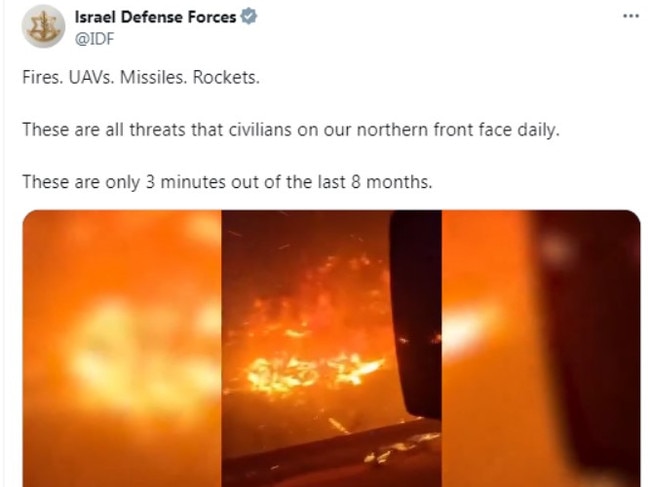
The Iran-backed Shia-Islamic militant terrorist group launched a volley of rockets and missiles into Israel in “solidarity with the victorious Palestinian resistance.
Missile and artillery exchanges across the border have since become commonplace, forcing some 70,000 Israeli civilians to evacuate the area.
It’s a similar story for 90,000 Lebanese civilians on the other side of the UN-observed ‘Blue Line’.
Nine months later, Israel is struggling to achieve its stated war goals in Gaza: destroying Hamas in its entirety and rescuing hostages.
The tit-for-tat border clashes have become an almost daily event, and now Gallant is threatening to send Lebanon “back to the Stone Age”.
“We do not want war, but we are preparing for every scenario,” Gallant said in Washington DC on Thursday.
“Hezbollah understands very well that we can inflict massive damage in Lebanon if a war is launched.”
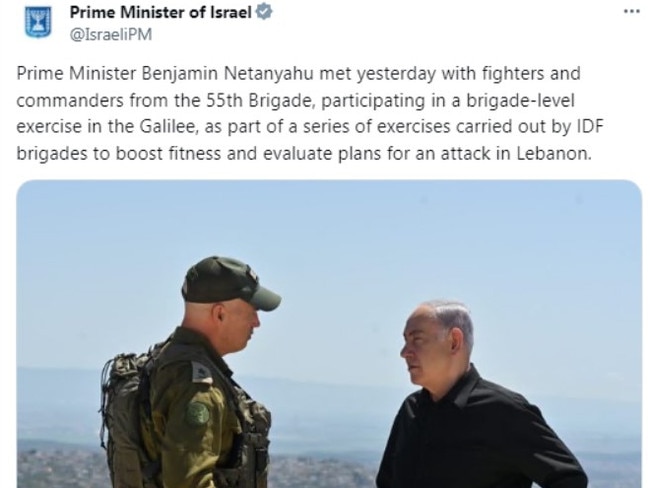
This followed weekend comments by embattled Prime Minister Benjamin Netanyahu that the Israeli Defence Force (IDF) was in the process of redirecting troops out of Gaza for “a very tense operation” on the Lebanon border.
On Thursday, his office tweeted a visit to a paratroop brigade to “evaluate plans for an attack in Lebanon”.
UN humanitarian affairs under-secretary Martin Griffiths responded by declaring the 120 km wide strip of land “the flashpoint beyond all flashpoints. It’s beyond planning. It’s potentially apocalyptic”.
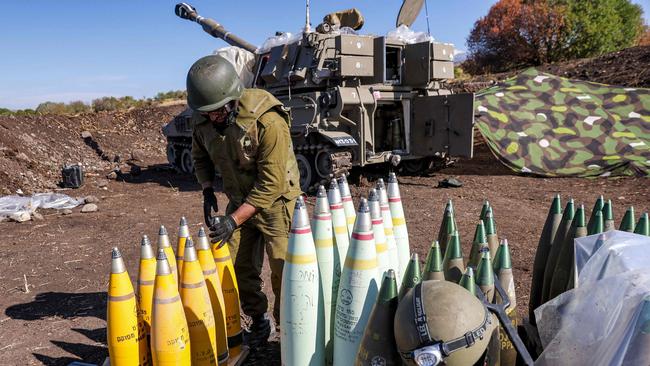
Hounds of war
Hezbollah chief Hassan Nasrallah insists “a war in Lebanon does not scare us”.
He threatened Wednesday that any fight with Israel would be one with “no restraint and no rules and no ceilings”.
“The enemy knows well that we have prepared ourselves for the most difficult days,” he said in a video address.
“The enemy knows well what awaits it, and that’s why it has been deterred so far. And it knows that there will be no place in the [country] that would be spared our rockets and drones.”
Iran’s most senior diplomat at the United Nations followed suit.
Iranian Permanent Representative Amir Saeid Iravani demanded “the full, immediate, and unconditional withdrawal” of US forces from Syria, condemned Israel for “continued aggressions against Syria’s sovereignty, targeting civilians and vital infrastructure”, and its “unlawful” occupation of the Golan Heights – seized during the 1967 Six-Day War.
Tehran-based media reported Afghanistan’s extremist ruling Taliban regime had promised to deploy thousands of troops to support Hezbollah if attacked.
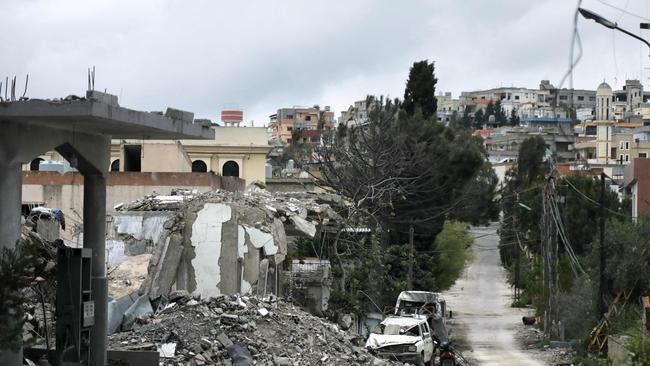
It’s a scenario that has international affairs analysts expressing fears of a broader regional war.
“There has been a shift toward hard-liners in both the Iranian and Israeli governments, and Israel’s strike on Iran’s consulate in Damascus crossed a Rubicon,” says Carnegie Middle East Center director Maha Yahya.
“Middle Eastern publics are at a crossroads, dismayed by the prospect of the Israel-Hamas war’s expansion but losing faith in a negotiated peace.”
Israel’s 1948 military occupation of much of the territory allocated to a Palestine state under the UN Partition Plan forced an estimated 750,000 civilians into exile. They settled in refugee camps in Gaza, the West Bank, Jordan, Syria and Lebanon.
They and their families are still there.
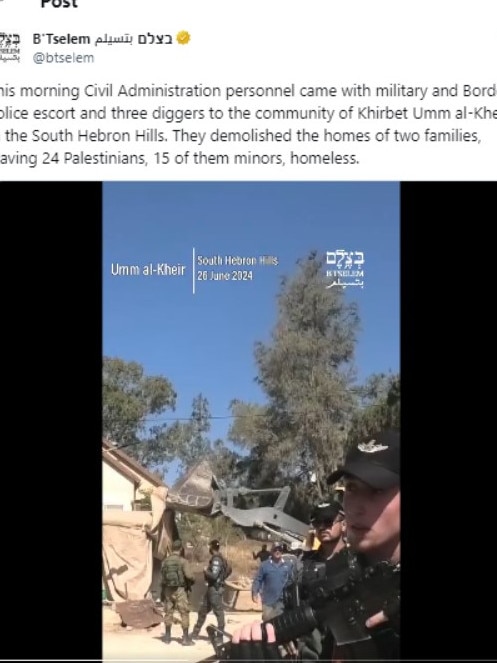
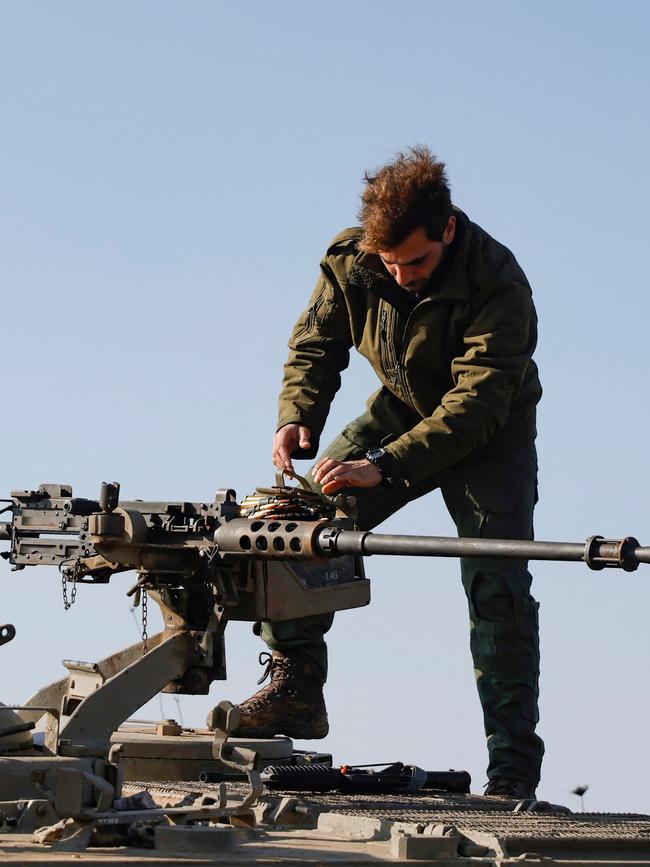
“The destruction in Gaza has deepened antipathy toward Israel, and an attack against Lebanon would only boost popular support for Iran and its non-state partners,” Ms Yahya adds. Hezbollah, an internationally-declared terrorist group, was founded during the 1982 invasion and occupation of Lebanon. Its express purpose is to eradicate Israel.
“A full war between Israel and Hezbollah would likely set the entire region on fire, involving Iran and its proxies,” warns University of Notre Dame Professor Asher Kaufman.
“It could also drag the US into direct confrontation with Tehran – a terrifying scenario that President Joe Biden has been trying to prevent since October 7.”
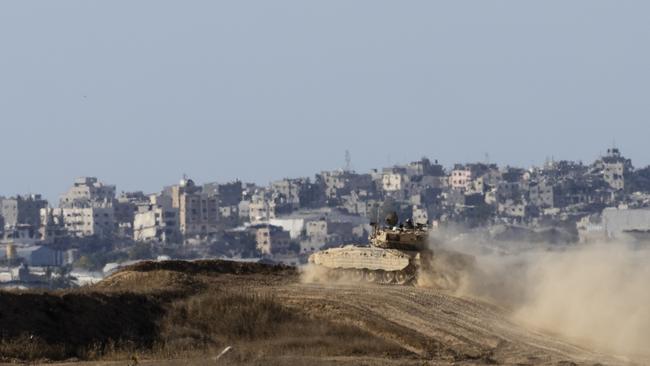
Fight for survival
Israel has deployed some 100,000 troops to its border with Lebanon as fighting intensifies. Iron Dome missile-defence systems have been observed repositioning to the north in recent weeks.
The governing Likud Party is under immense pressure to enable its citizens to return home before a new school year starts in September.
And Prime Minister Netanyahu’s lawyers on Thursday told a court hearing that he could not give testimony for his trial on corruption, bribery and fraud charges because he was “in the midst of war”.
Then there’s the coalition government’s internal politics.
National Security Minister Ben Gvir, leader of the ultranationalist Jewish National Front, last month insisted the Gaza operation was not enough.
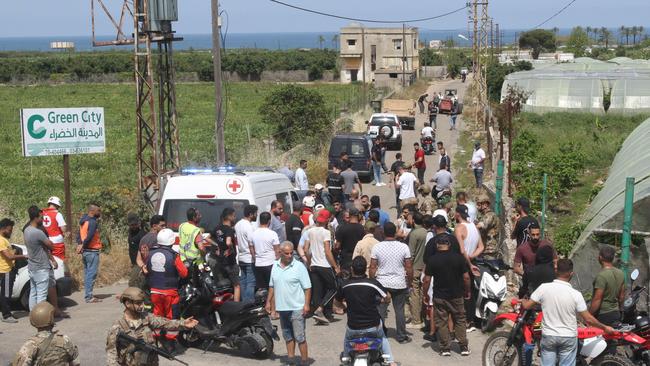
“We would need to do another thing — and that’s a war that would destroy our enemies,” he said of his demand to invade Lebanon.
“Even if they’re pushed back from the border, even if there’s a security zone, even if they move a bit — you can’t just leave people behind whose entire purpose and essence is to destroy the State of Israel.
“What they don’t do in six months, they will do in a year. And what they don’t do in a year, they will do in two. We must not leave this to our children. Not in the south and not in the north.”
But Hezbollah is not Hamas.
It claims to have more than 100,000 fighters hiding among Lebanon’s civilian population in a network of tunnels far more extensive than that found in Gaza. It also says it has stockpiled some 150,000 missiles and rockets – many of them long-range guided weapons supplied by Iran, Russia and China.
Earlier this month, Hezbollah released drone footage of Israeli defence facilities and the port of Haifa to demonstrate it could evade interception.
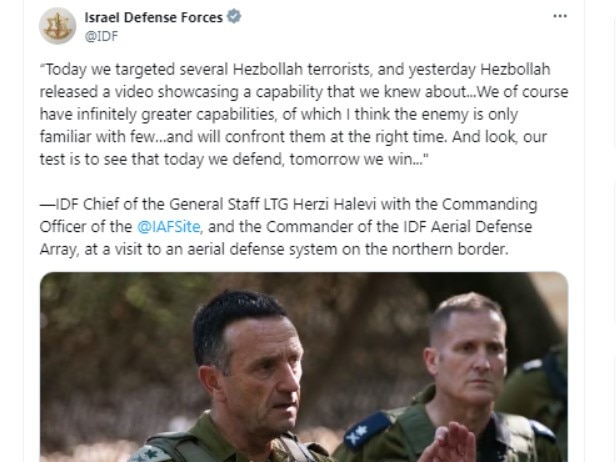
Notably, the Lebanon-based member of Iran’s “Axis of Resistance” did not participate when Tehran launched a massive drone and missile attack on April 13. Iran said this was in retaliation for an Israeli air strike against its embassy in Syria.
But the US declared its complete and unconditional support for Israel before the attack, committing its forces to help knock all but a few of the hundreds of weapons out of the sky.
“What is at stake is enormous, with consequences that I believe far exceed the ongoing Israel Hamas conflict,” says Professor Kaufman.
“The tension between Hezbollah and Israel has exposed the basic fact that the war in Gaza is in many ways also a war over hegemonic power in the broader Middle East.”
Jamie Seidel is a freelance writer | @JamieSeidel
Originally published as ‘On the brink’: Next huge war in the Middle East




